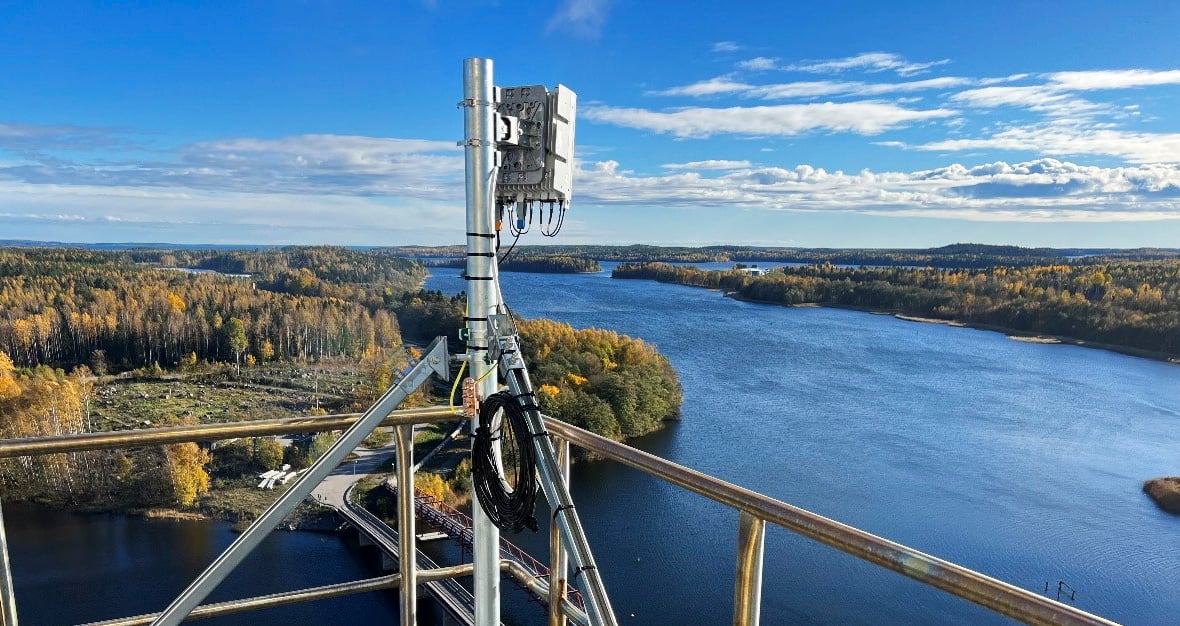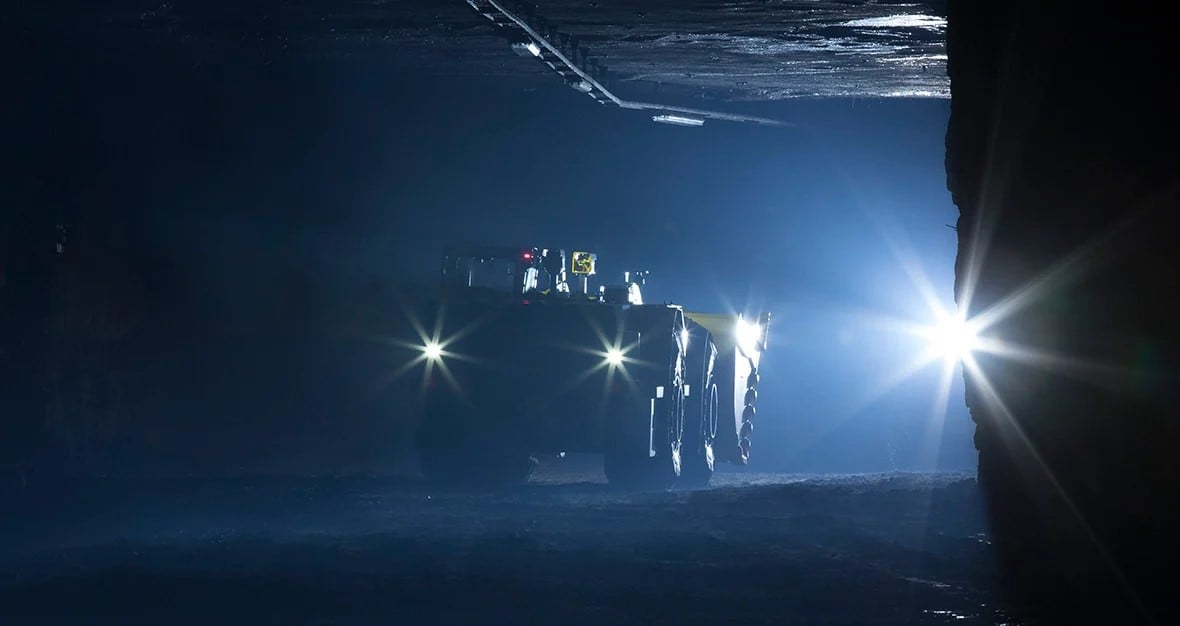First of all, what is IoT Sverige?
It's a strategic innovation programme associated with Vinnova, Formas and the Swedish Energy Agency. Our job is to investigate what needs to be done to promote IoT. We will be building a Swedish network in IoT and supporting Vinnova in financing a number of projects in the field. The first year, which was 2014, there was SEK 15 million to distribute; in 2015 30 million; and then 35 million in 2016. A total of SEK 80 million in three years, which will be followed by an evaluation. If the programme is assessed as successful, it can continue for up to ten years.
Who receives the money?
The first to receive money have been pilot studies and shorter projects. During 2014, the County Council of Östergötland received money for studying medical IoT, we supported Acreo in a project concerning energy sources and Uppsala University in a project related to robust and secure IoT systems, to mention a few examples. More information is available at our website, iotsverige.se. This year we've invested in nine new projects that have been co-funded up to 50 percent, and there is no requirement for being in our network to receive funding. However, in general we've tightened the demands and now require concrete results from the initiatives. They must lead to a working model or something that is approaching market launch.
How will IoT change companies in the years to come?
I personally believe that the aftermarket sector will undergo the biggest changes. The manufacturers will gain much better control of their products after they leave the factory. They won't let them go as they have in the past, instead taking on more of a service company role. This is a change that will affect many companies. Another major change is that many companies can become much more efficient. They can have control of where things are and that they are at the right location at the right point in time.
What is driving development?
In part that it’s possible. I’ve met with many companies that have had ideas, but it is first now when the technology is so inexpensive and at the same time robust, that their plans can be realised. Smartphones are providing the motive power for driving development forward. Thanks to them, we have inexpensive mass production of communications components.
Will consumer goods companies or B2B lead development?
I have a harder time seeing B2B leading development at this stage. But there is a lot going on there too and this has been the case for quite some time. Examples include connected production lines and machines that generate alarms when they break down. There are also many applications that may not immediately come to mind when you think about IoT. For example, floor manufacturers that embed sensors in floors in different ways, climate control for offices or systems for the food industry that log temperatures. There's a lot of talk about digitalisation in certain branches, automation in others and so Internet of Things. For the most part, it’s all about the same thing.
Which branches are being affected first and most?
In general, consumer products. Above all, things that are a little simpler and not so critical when it comes to security. Take an activity wristband, for example. It can be connected to the Web and create benefits, but if it should occasionally fail to work, it's not really much of a problem. Compare this to what would happen if a self-driving car should stop working as intended. Branches with products that manage with today's robustness go first.
Can branches or parts of branches become unnecessary?
They could, above all if you see IoT as a part of digitalisation. Some jobs will disappear and many others will be created. We’re now seeing how both the taxi and hotel/travel branches are changing and how the traditional players feel threatened by the new technology. There are major similarities with what IoT can create. Information can be gathered, processed and disseminated in new ways. I don't see any particular anxiety about development among the companies that belong to the IoT Sverige network. On the other hand, there is clearly uncertainty about what lies ahead. What can this entail? What should we do and how?
What’s the hottest IoT topic right now?
One question is how autonomous things can be. Self-driving cars is a good example. The question is strongly related to the next area, namely safety. It’s not just businesses that are thinking about the safety questions. Even the Swedish Civil Contingencies Agency, for example, is considering the effects of IoT and what it will entail for the future.
There is also a major bottleneck that could slow development. We see a multitude of sensors ahead of us that will process data and all must be powered. You can’t run power cables to them all, which means that they must either rely on batteries and energy-saving technologies, or on drawing energy from their surroundings, such as with solar cells.
There is a lot of exciting research underway here as well. There are even ideas about extracting energy from radio traffic. Considerable energy is pumped into our mobile data systems and this energy can be used. Standardisation is also much discussed.
There is a lot of development in verticals today, from basic concept to finished product, when it would actually be feasible to reuse certain aspects of prior technological development. Systems for the forestry industry should, for example, be possible to use in the mining industry, but this requires having standards. And a dialogue.
What's going on in the immediate future?
“During the autumn, we’ll be looking at the threats to IoT along with IoT Stockholm, which is a network much like IoT Sverige. We want to increase understanding of the potential threats. Imagine, for example, connecting together all streetlights and then connecting them to the Internet. Can hackers then communicate with the streetlights and consequently access other systems? When things are connected to the Internet, there is an increased surface for attacks.
At the same time, the risks should not be exaggerated. Take the accidents that have occurred with self-driving cars, for example. They’re widely covered in the media, but if you look a little closer at the causes, it's often not the fault of the self-driving cars, but of people.
More information about IoT Sverige
IoT Sverige consists of many different stakeholders in the private and public sectors. It is administered by a board of directors and has a programme office at Uppsala University that handles day-to-day operative activities. Its primary mission is to establish collaboration between various stakeholders in IoT through network building, seminars, conferences and innovation projects. See www.iotsverige.se for more information.




